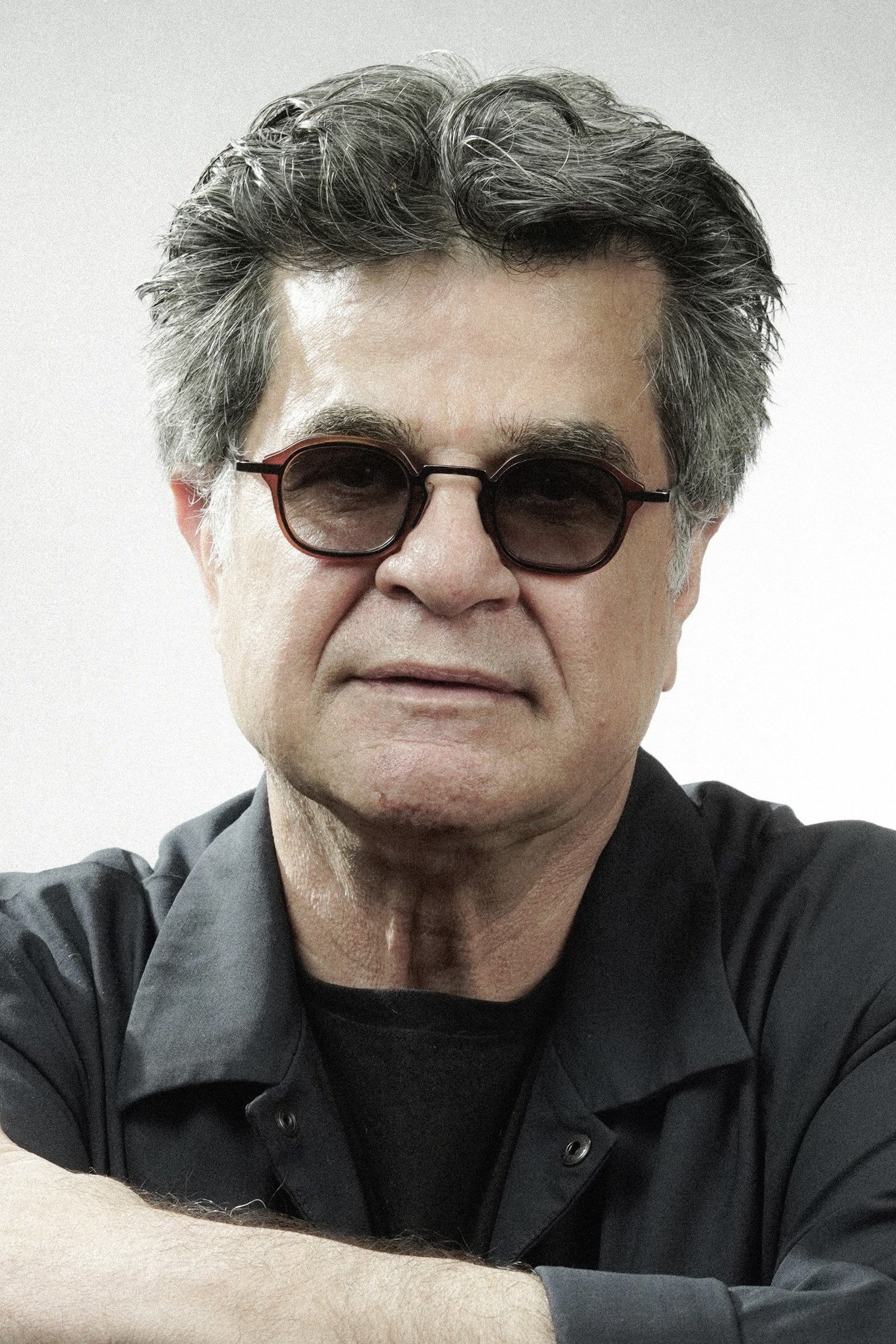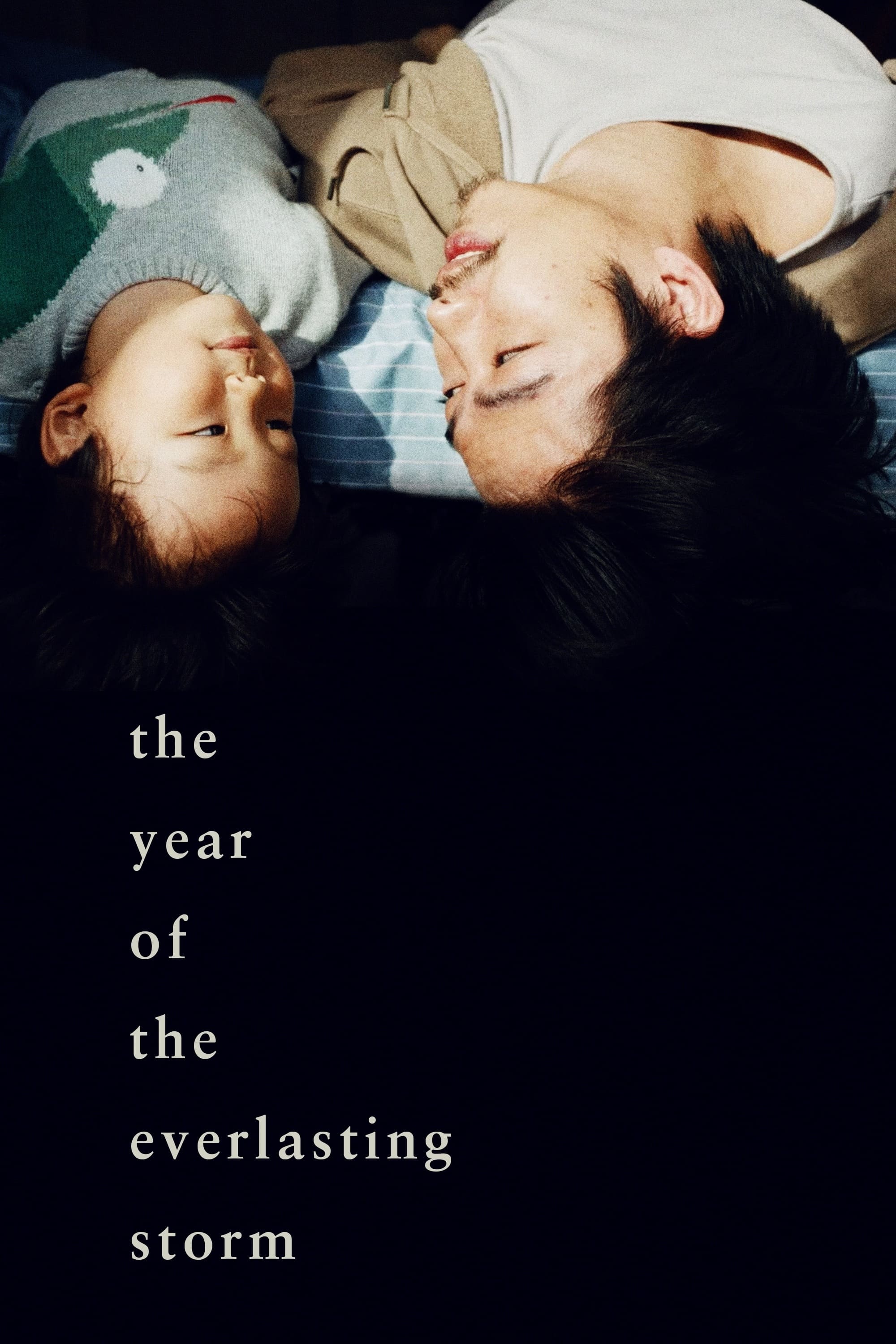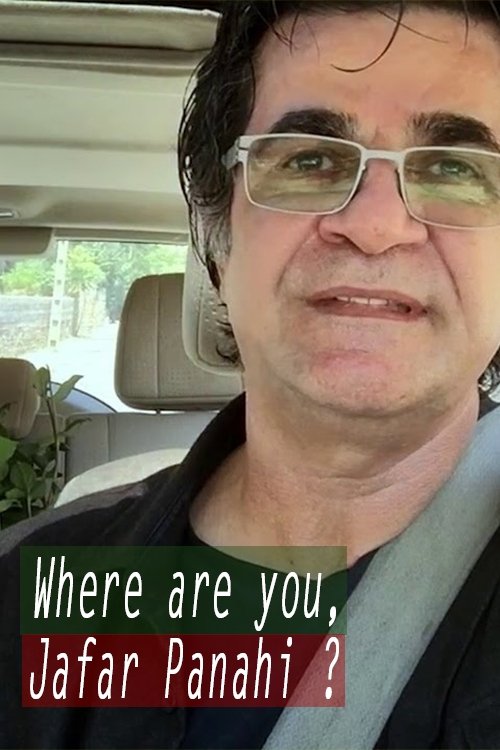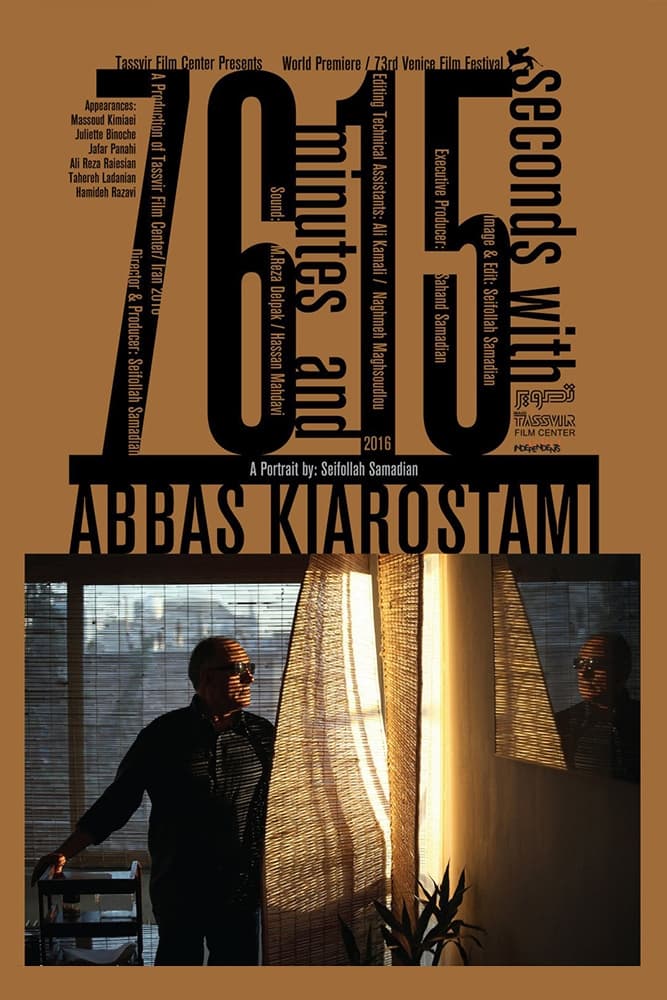

Jafar Panahi is a representative of Iranian “New Wave.” He is one of the leaders of contemporary Iranian cinema. Panahi’s work, from his first attempts to discuss social issues to his later and braver discussions of taboo topics in Iran are a creative reflection on the nature of cinema and human society, and are imbued with humanity. In 2010, the court in Iran sentenced Jafar Panahi to six years in prison. In addition, according to the sentence, Panahi was banned from making films for 20 years, giving interviews to local and international media outlets, and leaving Iran. Three Faces was his fourth film (after This Is Not a Film, Closed Curtain, and Taxi) shot after his arrest. The director did not attend the premiere due to being banned from leaving Iran. Panahi is a student of Abbas Kiarostami, whose influence is especially clear in Three Faces, reminiscent of such acclaimed masterpieces as The Wind Will Carry Us and Taste of Cherry.

Featuring seven stories from seven auteurs from around the world,...

Jafar Panahi and fellow Iranian director Majid Barzegar take a...

Kiarostami as we have never really known him before, despite...